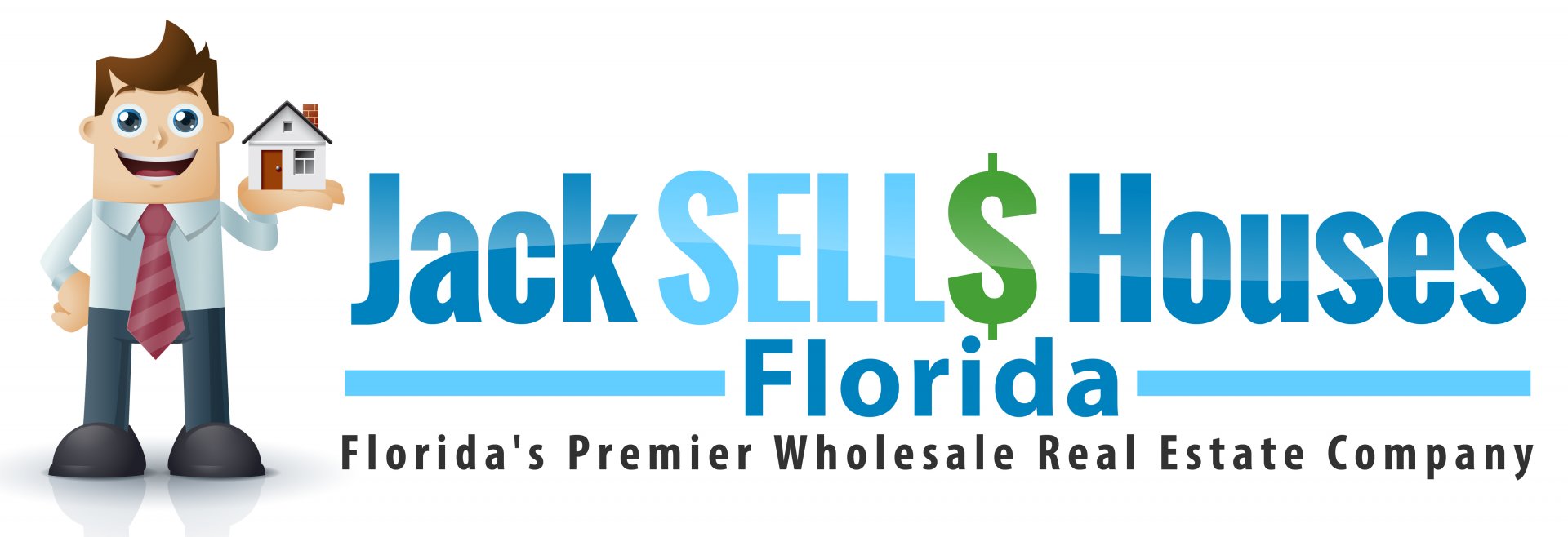Orlando Vacation Homes
Whether you love tropical beachcombing or visiting any of the Disney World theme parks, if you find yourself vacationing in Orlando year after year, it may be time to considered purchasing an Orlando vacation home.
Like many things in life, there are advantages and disadvantages to owning an Orlando vacation home, and like any investment, buying a vacation home requires taking stock of your finances and your plans for the future.
OrlandoProfile of a Vacation-Home Buyer
Last year, the National Association of Realtors® conducted a survey of over 2,300 owners of second homes. The information gleaned from the survey allowed the association to compile a profile of the average vacation-home buyer. Let’s see how you stack up:
- Vacation-home buyers earn significantly more than the national median household income.
- The typical vacation home is located 435 miles from the homeowner’s primary residence.
- About 60 percent of second-home buyers purchase a detached single-family home rather than a condo or townhouse.
- The majority of buyers claim that the financing process wasn’t more difficult than they’d imagined it would be.
- The number of cash buyers has increased significantly. About 70 percent of vacation-home buyers used a mortgage in 2010 while only 53 percent did in 2013.
- The majority – 80 percent – bought the vacation home to use for personal vacations or as a family retreat, rather than as an investment.
Advantages of Owning a Vacation Home
Tax advantages to owning a second home depend on how you plan on using the home. If you reserve the home for personal use and don’t make any money off of renting it, you may be able to deduct the interest on your mortgage payment.
If you do rent it out, but for less than 15 days out of the year, you may be able to avoid taxes on the income, but you won’t be able to write off the expenses, such as maintenance.
Tax law is complicated and it changes frequently, so speak with your accountant or tax advisor before making a final decision.
Disadvantages
Owning a home is a bit like owning a boat – the hole in the water that you throw money into – without the water. Maintenance chores may eat up a big portion of your vacation time, especially if the home sits vacant for a significant amount of time.
If you rent the house out, it still may sit vacant during off-peak seasons. That’s money lost if you hope to use the home as an investment.
Because loans for second homes are considered somewhat risky, they tend to be more expensive. You may be required to place 30 to 40 percent down on the home when you purchase it, and if you’ll be using the home for income purposes, you may be paying up to two percentage points higher than on your primary residence.
If there is one myth that was shattered during the recession, it is that real estate always holds its value. Whether it’s your primary residence or a second home, its value is not immune to the vagaries of the economy.
Making the Decision
Before making a final decision, ask yourself the tough questions, and separate the dream from the reality of owning a vacation home.
- Do you want a vacation home or an investment property? The National Association of Realtors® cautions that you should be quite clear on your primary reason for purchasing a second home. If you plan to use the home as a recreational property for your personal use, then consider it a vacation home. If, on the other hand, you are purchasing the home with the aim of renting it out, it’s an investment property.
- How much will you use the home? If you already visit the location several times a year, the answer to this one is easy. If the location is inconvenient, on the other hand, you may find that you will rarely use the vacation home. A related question is how you’ll handle maintenance, especially emergencies, if the home isn’t located within a few hours’ drive.
- Is it affordable? Aside from what it costs to purchase, you’ll need to factor in maintenance costs, management fees and many other costs that accompany homeownership.
Even if you plan on renting it out, chances are good that there will be plenty of time when the home sits vacant, Christine Karpinski of HomeAway.com tells Money magazine. She explains that the average vacation home is rented out for only 17 weeks a year.
Karpinski suggests consulting a local property management firm about how often you can expect the property to be rented and for how much.
Tinkering with the idea of purchasing another home – a vacation home – may bring up all the feel-good reasons why it’s a great idea, but beware: Few of these reasons are financial. Don’t allow your emotions to keep you from asking the tough questions and seeking the advice of professionals.
CENTRAL FL iNVEST is Florida’s premier real estate investment and property management company. We are full-time property investors in Central Florida and specialize in finding those hidden house deals that you normally only hear about… usually at 30-50% off retail value. If you would like to see copy of our current inventory and would like to be added to our VIP Buyers List, please visit www.CentralFLiNVEST.com and opt in or CALL us at 407-442-2766.
